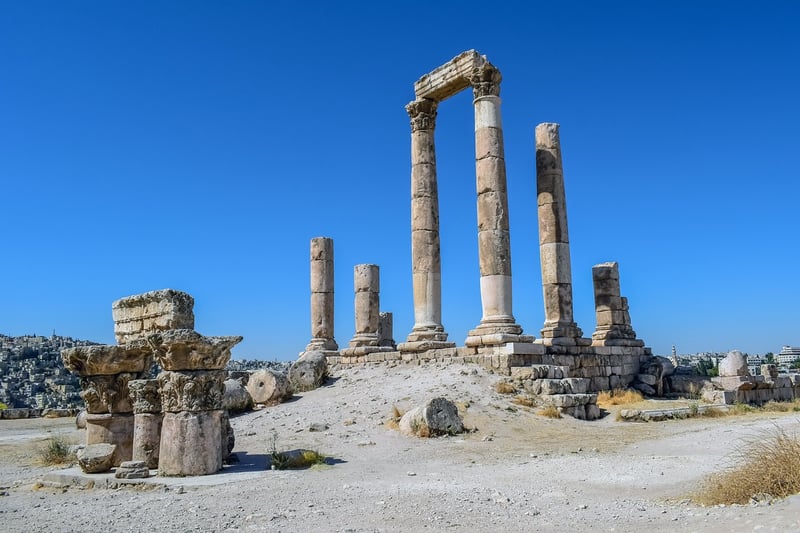Altering History Debates
Ethical Implications of Altering History Debates
History is a complex tapestry of events and narratives that shape our understanding of the world. However, the idea of altering historical events or narratives raises significant ethical implications that spark intense debates among scholars, historians, and the general public.
Understanding the Debate
On one side of the debate are those who argue that altering history, whether through censorship, manipulation, or revisionism, is a dangerous practice that distorts the truth and erases important lessons from the past. They believe that history should be preserved in its purest form to provide an accurate account of what happened and why.
On the other side are proponents of the idea that history is not fixed and that interpretations of the past can and should evolve over time. They argue that revisiting historical narratives with new perspectives and insights can lead to a more inclusive and comprehensive understanding of our collective history.
Key Ethical Considerations
When discussing the ethical implications of altering history, several key considerations come to the forefront:
- Truth and Accuracy: Is it ethical to distort or manipulate historical facts to fit a particular narrative?
- Censorship: Should certain historical events or perspectives be censored or suppressed?
- Responsibility: Who holds the responsibility for preserving and interpreting history accurately?
- Impact: What impact does altering history have on individuals, communities, and future generations?
Implications for Society
The debate over altering history extends beyond academic circles and has profound implications for society as a whole. How we choose to remember and interpret the past shapes our present reality and future trajectory. By engaging in thoughtful discussions about the ethical implications of altering history, we can strive to create a more just and equitable society.
Conclusion
Ultimately, the debate over altering history is a complex and multifaceted issue that requires careful consideration of ethical principles, historical accuracy, and societal impact. By fostering open dialogue and critical thinking, we can navigate these debates with nuance and empathy, ensuring that our understanding of the past is both informed and ethical.

Image source: Pixabay
